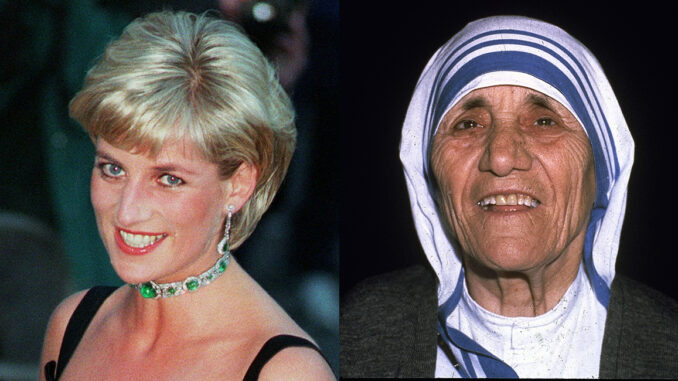
Here’s what happened this week in history.
Aug. 29
1814: During the War of 1812, Alexandria, Virginia, formally surrendered to British military forces.
1825: Portugal and Brazil signed the Treaty of Rio de Janeiro, officially ending the Brazilian War of Independence.
1944: Approximately 15,000 American troops of the 28th Infantry Division marched down the Champs Elysees in Paris to celebrate its liberation from the Nazis.
2005: Hurricane Katrina struck the U.S. Gulf Coast near Buras-Triumph, Louisiana, breaching levees and spurring floods that devastated New Orleans. The costliest storm in U.S. history, Katrina caused nearly 1,400 deaths and an estimated $200 billion in damage.
Aug. 30
1916: Ernest Shackelton successfully returned to Elephant Island in Antarctica to rescue 22 stranded crew members. The crew had survived on the barren island for 4½ months after their ship, the Endurance, sank.
1967: The Senate confirmed Thurgood Marshall’s appointment as the first black justice on the U.S. Supreme Court.
Aug. 31
1886: An earthquake with an estimated magnitude of up to 7.3 devastated Charleston, South Carolina, killing at least 60 people.
1962: The Caribbean nation of Trinidad and Tobago became independent of British colonial rule.
1997: Diana, Princess of Wales, was killed as the car she was riding in crashed on the Pont de l’Alma bridge in Paris; her partner Dodi Fayed and driver Henri Paul (who was found to have been intoxicated at the time of the accident) also died.
Sept. 1
1715: After a 72-year reign, King Louis XIV of France died four days before his 77th birthday.
1923: The Japanese cities of Tokyo and Yokohama were devastated by an earthquake that claimed some 140,000 lives.
1939: World War II began as Nazi Germany invaded Poland.
1969: A coup in Libya brought Moammar Gadhafi to power.
1972: American Bobby Fischer won the international chess crown in Reykjavik, Iceland, as Boris Spassky of the Soviet Union resigned before the resumption of Game 21
Sept. 2
1789: The United States Treasury Department was established.
1945: Japan formally surrendered in ceremonies aboard the USS Missouri in Tokyo Bay, ending World War II.
1969: In what some regard as the birth of the Internet, two connected computers at UCLA passed test data through a 15-foot cable.
Sept. 3
1783: Representatives of the United States and Britain signed the Treaty of Paris, officially ending the Revolutionary War.
1939: Britain, France, Australia and New Zealand declared war on Germany two days after the Nazi invasion of Poland; in a radio address, Britain’s King George VI said, “With God’s help, we shall prevail.”
1943: Allied forces invaded Italy during World War II.
1970: Legendary football coach Vince Lombardi, 57, died in Washington, D.C.
Sept. 4
1781: Los Angeles was founded by Spanish settlers under the leadership of Gov. Felipe de Neve.
1888: George Eastman received a patent for his roll-film box camera and registered his trademark: “Kodak.”
2016: Elevating the “saint of the gutters” to one of the Catholic Church’s highest honors, Pope Francis canonized Mother Teresa.
